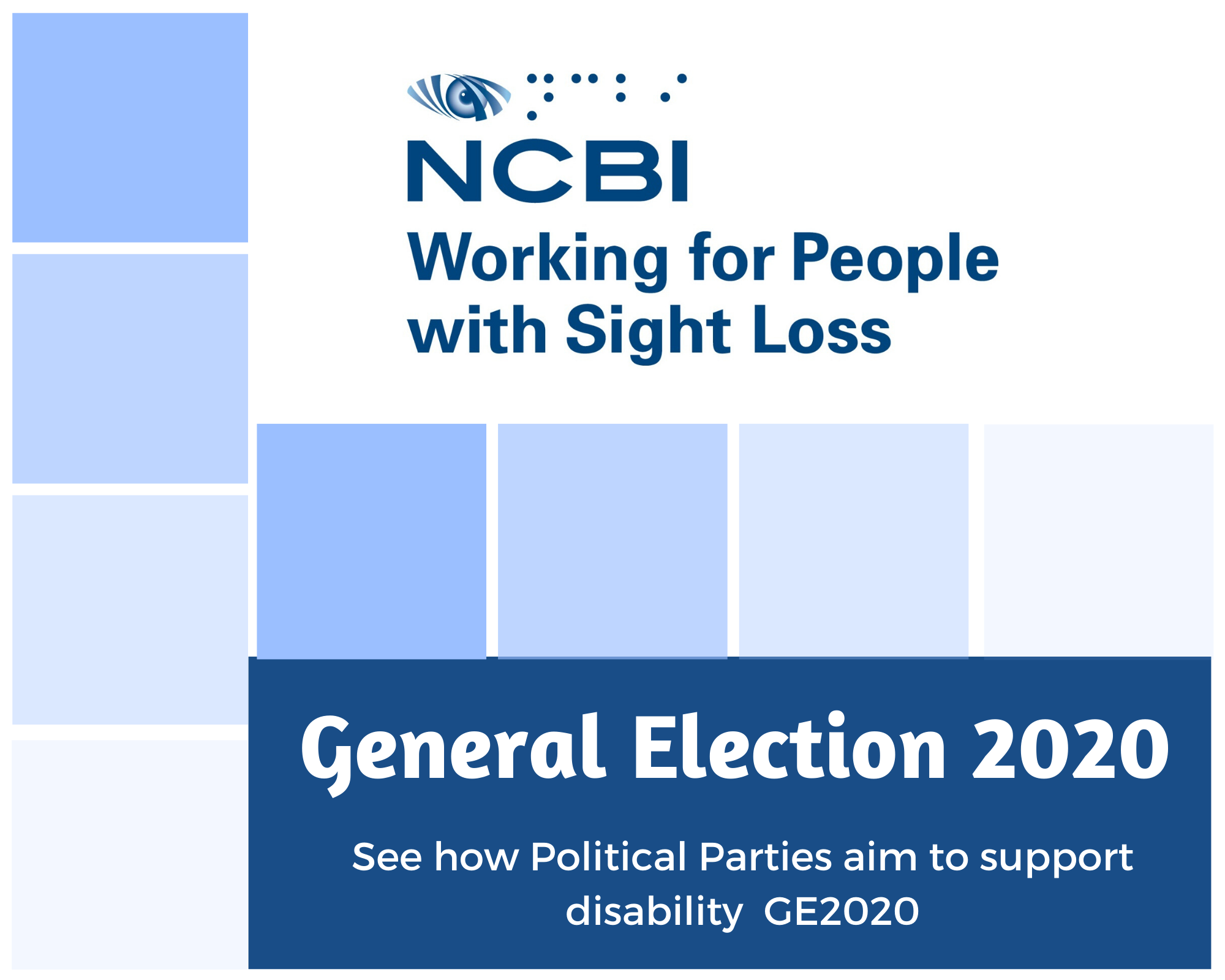
As many of you will be considering who to vote for on Saturday in the General Election. We have gone through each of the main political parties’ manifesto’s and have lifted out their policies relating to Disability. See them below for your ease. Finally, don’t forget to request the tactile templates to aid you to vote independently on Saturday as they will be available nationwide.
First up is, The Labour Party
Prevention of Blindness
Under health, Labour has committed to “increase investment in services that help prevent blindness or loss of hearing”.
Waiting Lists
Labour commits to making local primary care health centres fully staffed and equipped to provide a wide range of health and disability services at local level, cutting out the overcrowding and long waits in the health system.
Personal Assistant Service and the Housing Adaptation Grant
Labour makes a commitment that it will further develop individualised budgeting for care services to give recipients more autonomy and choice, and it will increase funding for personal assistance services (including in educational settings) and housing adaptation grants. Labour’s vision is to build an Ireland where people with disabilities are empowered to live independent lives with control, choice and options.
Housing
Labour states it will require local councils to achieve evidence-based targets for specialised forms of housing, including accessible social housing for people with a disability.
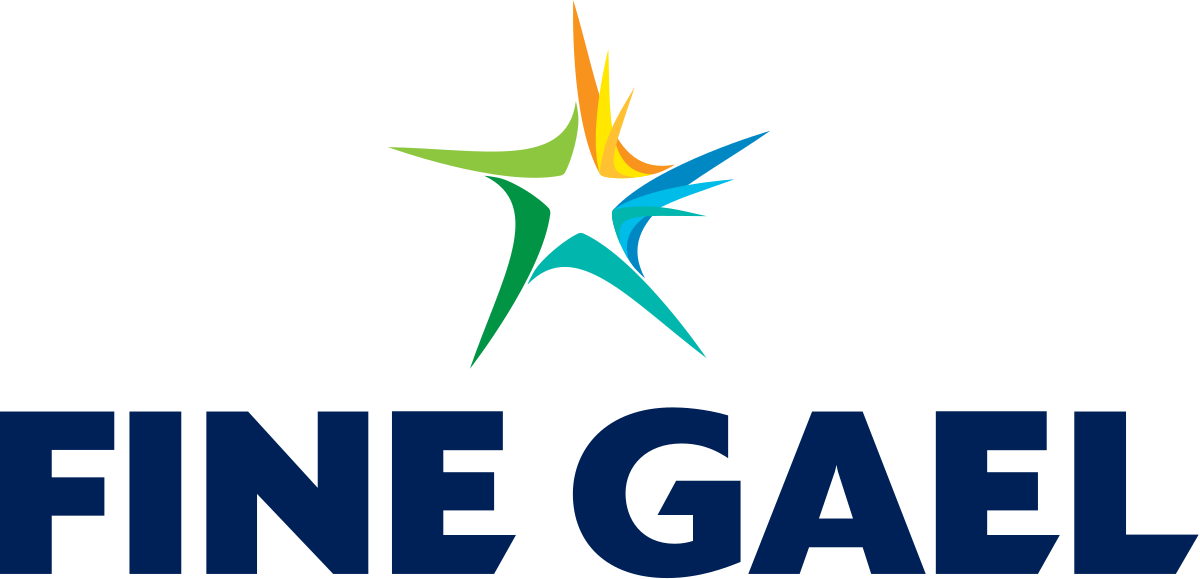
Fine Geal
Disability Specific
Fine Gael makes specific commitments to people with disabilities in its manifesto. It says that it wants to empower all of our children, our young people and adults, including those with a disability, to progress, to reach their full potential, and to become full members of our society. To make this happen, Fine Gael have made a commitment to:
- Develop an implementation plan to coordinate the implementation of the UN Convention on the Rights of Persons with Disabilities (UNCRPD).
- Implement a consultation and participation model, in line with the UNCRPD, to facilitate participation by persons with disabilities in the policy development process. Their voice will be heard.
- Implement an awareness and support programme for employers to support the recruitment and retention of people with disabilities in employment.
- Develop programmes to promote awareness within the general public of the lived experience of, and to support more positive attitudes towards, people with disabilities.
- Develop initiatives to improve employment opportunities for people with disabilities living in rural areas, including through remote working options.
- Support initiatives to facilitate the participation of people with disabilities in cultural and heritage-related activities and programmes.
Fine Gael says each year it has increased the Health Disability Budget and it will continue to do so. It goes on to say the overall budget for health disability services in 2020 is in excess of €2 billion and this represents a 32% increase on the disability budget when this Government came into office in 2016. In increasing the budget this will allow Fine Gael to further increase much needed personal assistant hours and respite funding. In doing so, it will ensure that it:
- Improves services through better implementation and collaboration
- Strengthen rights
- Expand into new areas
- Raise awareness of the lived experience of people with disabilities.
- Better understanding the cost of disabilities.
Fine Gael points out that they have already commissioned much-needed research into the additional costs of disability, the results of which will be used to inform the direction of future policy. This research involves a ‘top-down’ and ‘bottom-up’ approach and will survey over 30,000 people living with disabilities in Ireland today.
Fine Gael have also committed to increase the weekly social welfare payments to people with disabilities by at least €25 over the next five years, a €5 increase each year.
Health
Fine Gael makes a commitment that by 2025 it will be investing an additional €5 billion per year to resource our health service, to deliver our ambitions and to protect our population as it ages and grows.
Employment
Fine Gael states that it will aim to help those with disabilities to achieve their employment ambitions. It says that it is committed to continuing to implement the recommendations in the Making Work Pay Report, with measures such as fast-tracking the return to Disability or Invalidity Pension for people where employment does not work out, thereby reducing the ‘risk’ factor of taking on employment opportunities. It says that it will also continue to fine-tune and expand targeted employment schemes such as the Wage Subsidy Scheme (WSS) and the Ability Programme, with a view to helping people with disabilities to stay in the workforce.
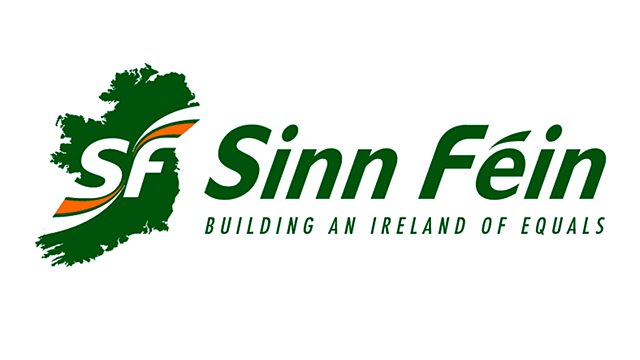 Sinn Fein’s policy
Sinn Fein’s policy
Disability Specific
- Making rights real for people with disability
- Allocate the promotion of inclusion and equality for people with a disability with an additional €120 million in capital funding.
- We will mainstream making rights real for people with disabilities as a priority. From provisions to meet special educational needs, healthcare and therapies, housing adaptations, employment supports and opportunities, inclusive childcare, independent living, recognising the ‘cost of disability’ on households to a major capital programme making all public transport accessible.
Independent living
- Increasing Personal Assistant hours by 1.5 million hours costing €37.5 million
- Reinstating the Rehabilitative Training Allowance
- Legislating to require the removal of barriers to independent living
Accessible Transport
- Rolling out Access Ireland Transport – a Sinn Féin major infrastructure programme.
- Using public procurement to promote accessibility across the taxi fleet.
Accessible Housing
- We will increase funding for the Housing Adaptation Grant for People with Disabilities scheme by 100% at a cost of €57 million.
- We will create flexibility in the assessment and payment of the adaptation grant to permit local authorities, where the need is great, to pay a housing adaptation grant amount above the current grant cap of €30,000.
- We will make the Housing Adaptation Grant for People with Disabilities payable to voluntary housing agencies and private landlords who are willing to adapt to the requirements of a long-term tenant with disabilities.
- We will develop Universal Design and Lifetime Adaptability Guidelines so new buildings can accommodate people with disabilities and save on future adaptation costs.
Health
- Guaranteeing secure medical cards for people with disabilities.
- Clearing the home support waiting list » Increasing respite care services by 20%.
- Increasing the number of therapists in the public system.
- Developing neuro-rehabilitation teams and transitional units.
Education
- Providing the NCSE with greater powers to ensure that sufficient school places and classes are provided, and the needs of children are met alongside robust appeals mechanisms.
- Reducing waiting times for assessments and resourcing supports for students with special educational needs, including proper access to therapies.
- Recruiting additional educational psychologists along with greater administrative support to make better use of their time.
- Providing €34 million of additional funding for the recruitment of 500 additional SNAs and 450 additional Resource Teachers over and above those required to meet demographic pressures.
- Reducing the Student/Teacher ratio to 20:1 at primary level.
Employment
Training Intreo staff to better support people with disabilities who want to enter employment
Replicating the hugely successful Walk PEER programme to give young people with a disability all of the opportunities available to those without a disability in work experience and education.
A new emphasis on creating opportunities for people with disabilities as part of our ambitious new apprenticeship policy.
Older People
- Protect the Free Travel Pass and increase the state pension rate by €20 over the term of government at a cost of almost €700 million.
- End mandatory retirement to allow workers who are able to and wish to remain at work beyond 65 years to do so if they so choose » Stop the planned pension age increase to 67 and reintroduce the State Pension for 65 year olds who choose to retire at a cost of €368 million.
Social Welfare
Establishing a Social Welfare Adequacy Commission to provide objective, evidence based annual recommendations on adjustments to payment rates.
Rural Transport
- Increasing capital and PSO funding to Bus Éireann and Iarnród Éireann to increase transport services in rural areas.
- Introducing free fares for the under 18s on public transport at a cost of €35 million.
- Investing an additional €300 million in local and regional roads to ensure that people in rural areas have access to safe, good-quality roads.
- Doubling funding for the Rural Transport Programme/Local Link to ensure that the scheme can be expanded into more areas and play an increased role in providing evening transport for socialising especially in areas without other alternatives.
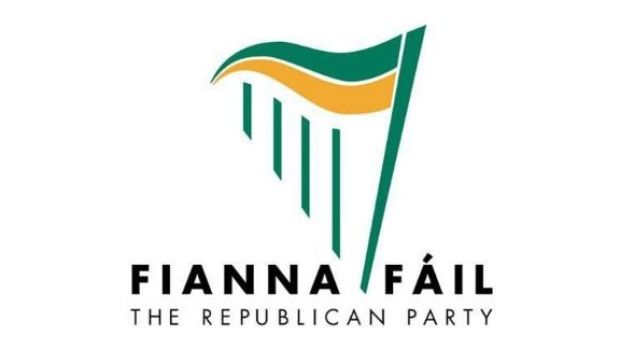
The main goals for Fianna Fail for people with disabilities are:
- Enhanced supports of people with a disability
- Recognition of the additional cost of disability
Over the next five years Fianna Fail will:
Introduce a €10 Disability payment
Fianna Fail will introduce a cost of disability payment. This payment will be paid to those in receipt Disability Allowance, Blind Pension, Illness Benefit and Invalidity Pension. This measure will cost €167.8m.
Increase Personal Assistance hours
Fianna Fail will increase personal assistance hours by 1.5m. This measure will cost €36.6m.
Increase Housing Adaptation Grants
Fianna Fail will boost funding for Housing Adaptation grants by €20m.
National Treatment Purchase Fund
Fianna Fail will use the expanded €200m National Treatment Purchase Fund to help cut down on waiting lists that are hampering early assessment and treatment.
Strengthen Community Employment scheme participation
We will remove the restriction on the maximum amount of time (currently 7 years) that a person with a disability can spend on a CE scheme.
Reform the Wage Subsidy Scheme
Examine the operation of the Wage Subsidy Scheme including the feasibility of increasing the Wage Subsidy Scheme for persons with a disability from 55% of the minimum wage to 70% of the minimum wage level.
Also examine the possibility of reducing the minimum number of hours worked under the Wage Subsidy Scheme from 21 hours to 15 hours.
Improve take up of the Reasonable Accommodation Fund
We will review the effectiveness of Reasonable Accommodation fund with a view to improving outcomes and increasing the uptake of grants available under the scheme. This measure will cost €70,000.
Roll out Disability Awareness Training for all Intreo Staff
We will roll out disability training for all Intreo staff. The full cost of providing disability awareness training for all staff in Intreo offices is in the region of €90,000.
Extend the Free Travel Scheme to children in receipt of the Domiciliary Care Allowance
We will extend the Free Travel Scheme to children in receipt of the Domiciliary Care Allowance at an estimated full-year cost of €5m.
Support the Disability Voluntary Sector
The Independent Review Group, established to examine the role of voluntary organisations in health and social services, found that two-thirds of disability services are provided by the sector. Yet they are enduring a funding crisis that is fuelling concern about the viability of many organisations.
Fianna Fail will:
- Address this funding deficit and provide €20m annually in additional funding.
- Exempt the disability sector from the ‘efficiency’ cut imposed in January 2020 at a cost of a further €20m.
- Develop appropriate national standards for services in the list of essential services, where these do not already exist.
- Undertake a full mapping of all voluntary organisations providing personal social care services receiving public funding.
- Draw up a Charter to give official recognition to the legally separate status of the voluntary sector and to reflect its public service role in the provision of health and social care services.
- Establish a Forum to facilitate regular dialogue between State representatives and voluntary sector.
Reverse cuts to the Rehabilitative Training Allowance
The allowance, which is a mere €31.80 a week per student, is designed to help people with disabilities develop life, social and basic work skills so that further education and employment options are more accessible to them. We will reverse this decision at a cost of €3m.
Put Disability inclusion at the heart of government
Fianna Fail will place a Minister of State for Disability within the Department of An Taoiseach to take the lead on disability.
Support Assistive technology
We will introduce an Assistant Technology Passport at a cost of €1.5m and assign a coordinating responsibility for supports in this area issue cross-departmental statement on assistive technology.
Enhance transport accessibility
Fianna Fáil will:
- Work for equal access to all public transport services.
- Set minimum accessibility standards in the issuing of licenses to private bus providers.
- Ensure passenger information is available on disability access.
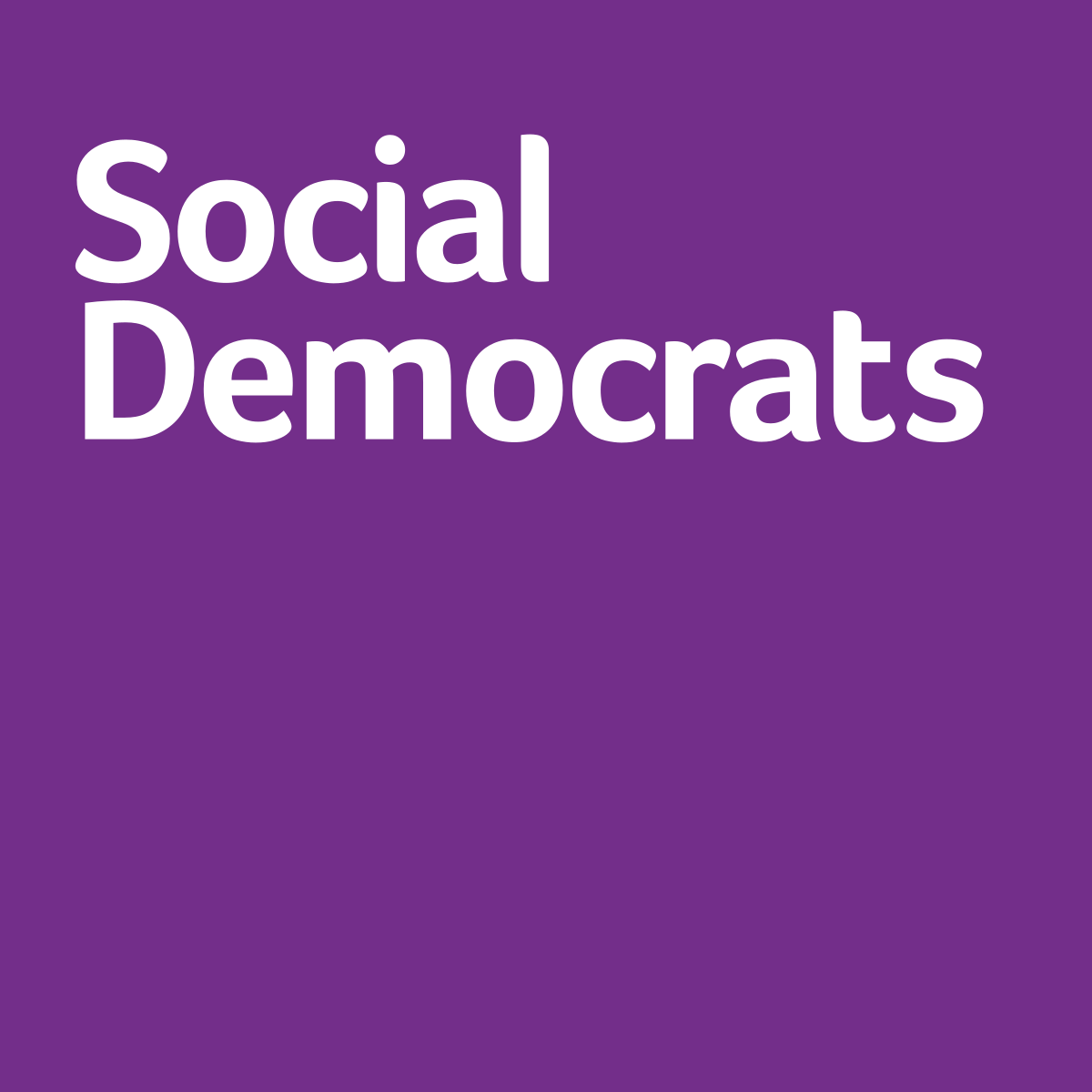
The Social Democrats main objectives in terms of Disability Policy are:
- To see key legislation enacted and commenced to promote and protect the rights, quality of life and independence of people with disabilities.
- To put in place long-range national support planning ➢ to invest in far greater supports, to put the disability sector on a proper financial footing.
- To have the UNCRPD protocol fully ratified in Ireland
- Establish that the term “subject to resources” shall be interpreted as being relative to the entire resources of the State, taking account that current disability supports are already relatively disadvantaged.
- Vastly improving the number of and access to primary care health staff and rehabilitative staff as promised under Sláinte care.
- Introducing a statutory right to Home Care and Personal Assistance.
- Facilitate the perceived lack of funding for the conducting of Independent Assessments of Need, as described in section 9 of the Disability Act, by utilising the precedent established by the Department of Finance / Revenue Commissioners wherein a framework and system of Self-Assessment will be utilised to identify and benchmark the level of supports provided and the national level of unmet need, facilitating appropriate reporting and service planning to the responsible Minister.
Service and Support
- Reverse the recent unacceptable cut to disability services in the HSE 2020 service plan.
- Adopt the recommendations in the Independent Review Group Report to address the basic funding deficit in the funding of services in the disability sector.
- In line with the recommendations of the IRG report, we are committing to providing funding to bridge deficits, the introduction of multi-annual budgeting, a clear long-term agreement on what is to be funded, and a streamlined process for accountability. There need to be strong governance arrangements for the sector but in a way that minimises costs, compliance-burden and duplicated work across different regulators and funders.
- It supports the full restoration of pay to workers in Section 39 organisations and are anxious to see this completed as soon as possible.
- Improve personal assistant and other individualised social care services so that people with disabilities can live independently;
- Provide community neurorehabilitation teams in each of the Community Health Organisations areas, and inpatient rehabilitation services at both national and regional level to ensure timely access to rehabilitation.
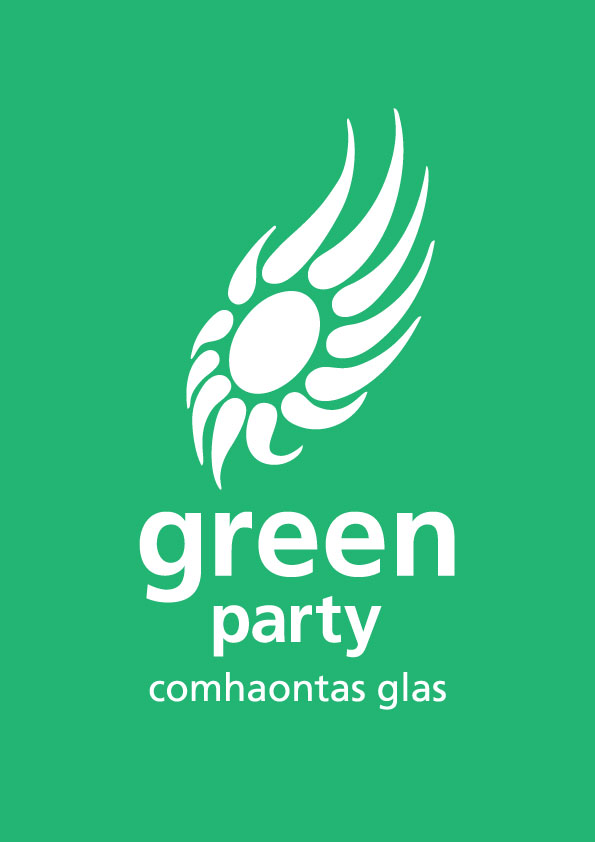
The Green Party
An urgent review and increase in resources in therapy service areas that impact many people with disabilities.
The implementation and adherence to the existing Disability Act which places a statutory obligation on the Health Service Executive to begin an assessment for disability within three months, and complete the assessment within another three months, of an application being made.
All government and healthcare buildings within the State to be fully accessible and considerate of the needs of persons with disabilities
All public transport vehicles to be fully accessible to all users and an end to unmanned bus and train stations.
The creation of specific services for people with disabilities who live in rural settings in current and future budgets and transport policies.
